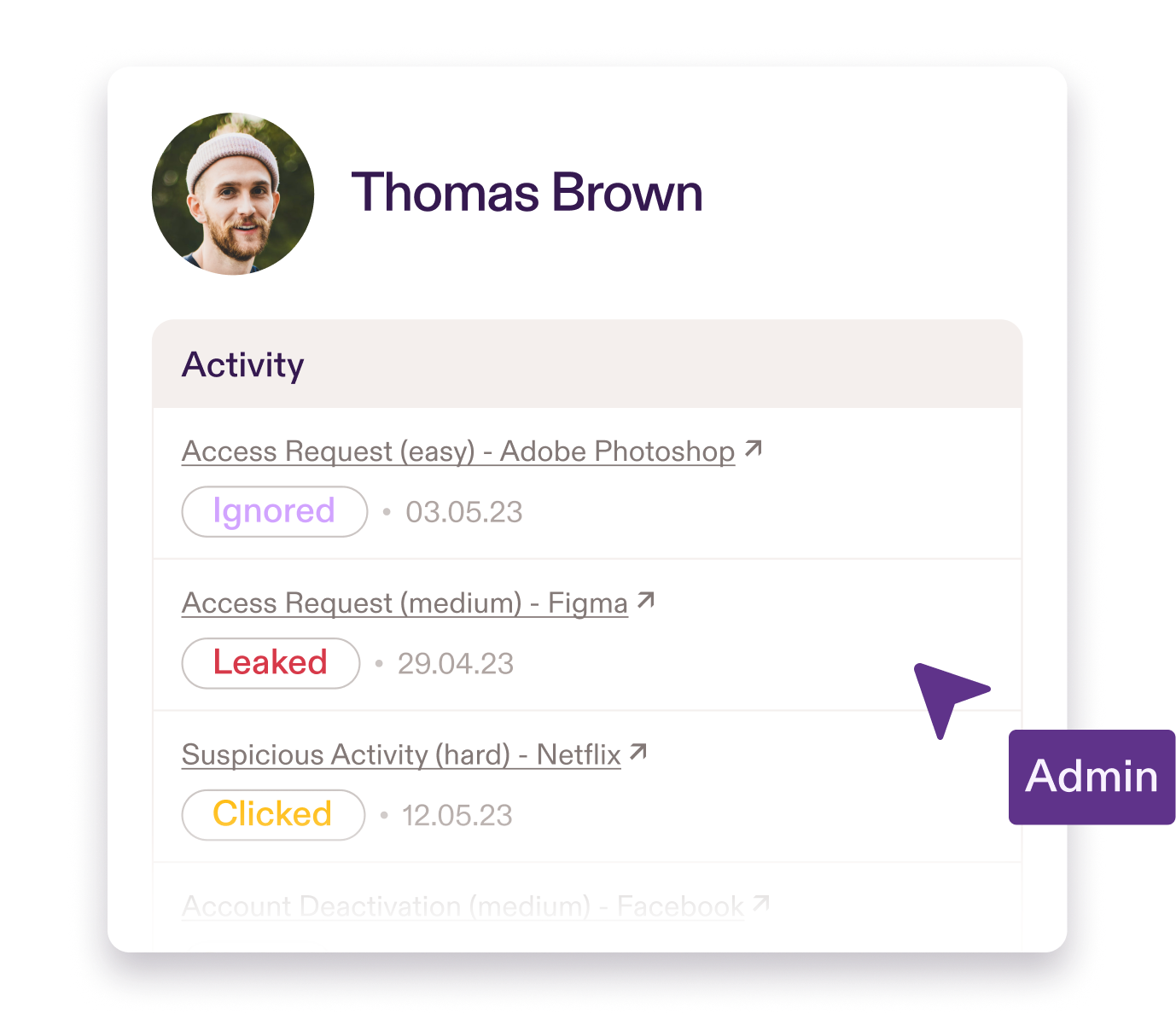Once upon a time in the captivating world of social media, there was a friendly and outgoing girl named Alice. Alice couldn't resist sharing every bit of her exciting life with her online friends.
From travel snapshots to family get-togethers, she held nothing back. But little did she know, oversharing came with risks.
As we explore the exciting realm of social media, it's essential to be aware of the risks that come hand-in-hand with sharing too much of our lives online. Just like Alice, many of us may not realize the dangers that exist online when we share too much of our lives on these virtual platforms.
In this blog post, we will explore the potential dangers and consequences of sharing too much personal information on social media platforms. Let's delve into the topic and understand what you need to know to protect yourself in the cyberworld.
The Allure of Oversharing
The desire to share our lives with friends, family, and even strangers is ingrained in our digital culture. After all, what harm could come from sharing vacation photos or details about our routines? However, in this era of data-driven technologies, seemingly innocuous posts can paint a comprehensive picture of our lives.
Privacy Invasion and Identity Theft
Ever wonder how cybercriminals manage to piece together your personal information? They often start with the seemingly innocuous details you share on social media. Your full name, birthdate, phone number, or even your pet's name could be used as building blocks for identity theft. Scammers can impersonate you, gain access to your accounts, and wreak havoc on your financial and personal life.
Phishing Attacks
Cybercriminals can craft convincing phishing emails by using information available on your social media profiles. They might reference personal details or pretend to be someone you know to deceive you into clicking malicious links or sharing sensitive information.
Password Vulnerability
Believe it or not, many people use easily guessable passwords based on information shared online. Posting about your favorite sports team, birthplace, or alma mater can inadvertently give cybercriminals a head start in cracking your passwords.
Social Engineering
By analyzing your social media activity, attackers can gain insights into your interests, preferences, and relationships. Armed with this knowledge, they can manipulate you emotionally, making it easier to extract personal information or engage in fraudulent activities.
Geolocation and Physical Safety
Sharing your whereabouts might seem fun, but it can have real-world consequences. Broadcasting your current location can lead to physical threats like burglary or stalking. Moreover, it could inadvertently reveal your absence from home, making it an opportune time for criminals to strike.
Protecting Your Digital Life
Keeping yourself safe online is really important. In today's digital world, where so much of what we do happens on the internet, it's a must to take actions that keep your personal stuff and online experiences secure.
Let's talk about a few simple but crucial tips that can make a big difference in keeping you safe and your private things private:
Limit Personal Information: Be cautious about sharing personal details such as your address, phone number, or full birthdate. Consider using a pseudonym or nickname instead of your real name.
Update Privacy Settings: Regularly review and update your privacy settings on social media platforms. Restrict access to personal information and limit who can view your posts.
Think Before You Post: Always pause and reflect on the potential consequences before sharing information. Ask yourself if the post reveals too much about your life or could be exploited by malicious actors.
Be Selective with Friend Requests: Accept friend requests only from people you know and trust. Be cautious with requests from unfamiliar individuals, even if they claim to be mutual friends.
Think Twice Before You Share
As we come to the end of our blog post, the important lesson is simple: think twice before you share. While social media offers incredible ways to connect with others, oversharing can expose you to cyber risks that you never anticipated.
Utilize privacy settings, limit the personal information you share, and be mindful of who you interact with online. Let's use social media responsibly and ensure that we protect ourselves and our digital footprint for a safer online experience.
At Pistachio, education lies at the core of our mission. We believe that knowledge is the key to staying safe in the digital landscape. Our fully automated platform is not just about delivering training; it's about empowering individuals with the understanding and skills needed to make informed decisions online.
Join us in this movement to transform cybersecurity training and make a positive impact on your security practices.

